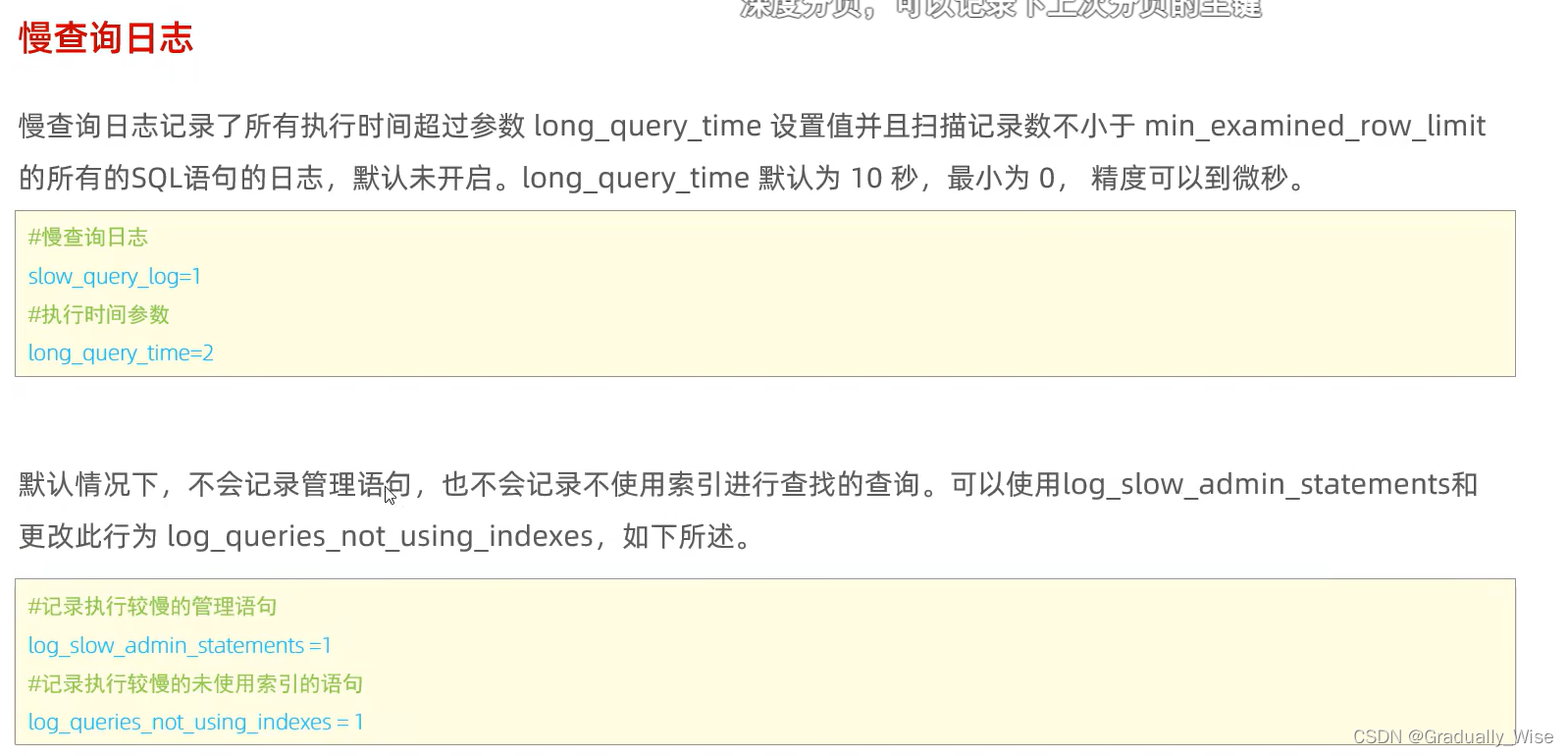boost beast http client
boost http server
boost beast 是一个非常好用的库,带上boost的协程,好很多东西是比较好用的,以下程序使用四个线程开启协程处理进入http协议处理。协议支持http get 和 http post
#include <boost/beast/core.hpp>
#include <boost/beast/http.hpp>
#include <boost/beast/version.hpp>
#include <boost/asio/ip/tcp.hpp>
#include <boost/asio/spawn.hpp>
#include <boost/config.hpp>
#include <algorithm>
#include <cstdlib>
#include <iostream>
#include <memory>
#include <string>
#include <thread>
#include <vector>namespace beast = boost::beast; // from <boost/beast.hpp>
namespace http = beast::http; // from <boost/beast/http.hpp>
namespace net = boost::asio; // from <boost/asio.hpp>
using tcp = boost::asio::ip::tcp; // from <boost/asio/ip/tcp.hpp>
#undef BOOST_BEAST_VERSION_STRING
#define BOOST_BEAST_VERSION_STRING "qbversion1.1"
// Return a reasonable mime type based on the extension of a file.
beast::string_view
mime_type(beast::string_view path)
{using beast::iequals;auto const ext = [&path]{auto const pos = path.rfind(".");if(pos == beast::string_view::npos)return beast::string_view{};return path.substr(pos);}();if(iequals(ext, ".htm")) return "text/html";if(iequals(ext, ".html")) return "text/html";if(iequals(ext, ".php")) return "text/html";if(iequals(ext, ".css")) return "text/css";if(iequals(ext, ".txt")) return "text/plain";if(iequals(ext, ".js")) return "application/javascript";if(iequals(ext, ".json")) return "application/json";if(iequals(ext, ".xml")) return "application/xml";if(iequals(ext, ".swf")) return "application/x-shockwave-flash";if(iequals(ext, ".flv")) return "video/x-flv";if(iequals(ext, ".png")) return "image/png";if(iequals(ext, ".jpe")) return "image/jpeg";if(iequals(ext, ".jpeg")) return "image/jpeg";if(iequals(ext, ".jpg")) return "image/jpeg";if(iequals(ext, ".gif")) return "image/gif";if(iequals(ext, ".bmp")) return "image/bmp";if(iequals(ext, ".ico")) return "image/vnd.microsoft.icon";if(iequals(ext, ".tiff")) return "image/tiff";if(iequals(ext, ".tif")) return "image/tiff";if(iequals(ext, ".svg")) return "image/svg+xml";if(iequals(ext, ".svgz")) return "image/svg+xml";return "application/text";
}// Append an HTTP rel-path to a local filesystem path.
// The returned path is normalized for the platform.
std::string
path_cat(beast::string_view base,beast::string_view path)
{if(base.empty())return std::string(path);std::string result(base);
#ifdef BOOST_MSVCchar constexpr path_separator = '\\';if(result.back() == path_separator)result.resize(result.size() - 1);result.append(path.data(), path.size());for(auto& c : result)if(c == '/')c = path_separator;
#elsechar constexpr path_separator = '/';if(result.back() == path_separator)result.resize(result.size() - 1);result.append(path.data(), path.size());
#endifreturn result;
}// This function produces an HTTP response for the given
// request. The type of the response object depends on the
// contents of the request, so the interface requires the
// caller to pass a generic lambda for receiving the response.
template<class Body, class Allocator,class Send>
void
handle_request(beast::string_view doc_root,http::request<Body, http::basic_fields<Allocator>>&& req,Send&& send)
{// Returns a bad request responseauto const bad_request =[&req](beast::string_view why){http::response<http::string_body> res{http::status::bad_request, req.version()};res.set(http::field::server, BOOST_BEAST_VERSION_STRING);res.set(http::field::content_type, "text/html");res.keep_alive(req.keep_alive());res.body() = std::string(why);res.prepare_payload();return res;};// Returns a not found responseauto const not_found =[&req](beast::string_view target){http::response<http::string_body> res{http::status::not_found, req.version()};res.set(http::field::server, BOOST_BEAST_VERSION_STRING);res.set(http::field::content_type, "text/html");res.keep_alive(req.keep_alive());res.body() = "The resource '" + std::string(target) + "' was not found.";res.prepare_payload();return res;};// Returns a server error responseauto const server_error =[&req](beast::string_view what){http::response<http::string_body> res{http::status::internal_server_error, req.version()};res.set(http::field::server, BOOST_BEAST_VERSION_STRING);res.set(http::field::content_type, "text/html");res.keep_alive(req.keep_alive());res.body() = "An error occurred: '" + std::string(what) + "'";res.prepare_payload();return res;};// Make sure we can handle the methodif (req.method() != http::verb::get &&req.method() != http::verb::head){if (req.method() == http::verb::post){std::cout << req.target() << std::endl;/* string body = req.body();std::cout << "the body is " << body << std::endl;*/std::string lines = req.body();std::cout << lines << std::endl;http::response<http::empty_body> res{ http::status::ok, req.version() };res.set(http::field::server, BOOST_BEAST_VERSION_STRING);res.set(http::field::content_type, mime_type("./"));res.content_length(0);res.keep_alive(req.keep_alive());return send(std::move(res));//return send(bad_request("Unknown HTTP-method"));}else{std::cerr << "unknown http method\n";return send(bad_request("Unknown HTTP-method"));}}// Request path must be absolute and not contain "..".if( req.target().empty() ||req.target()[0] != '/' ||req.target().find("..") != beast::string_view::npos)return send(bad_request("Illegal request-target"));// Build the path to the requested filestd::string path = path_cat(doc_root, req.target());if(req.target().back() == '/')path.append("index.html");// Attempt to open the filebeast::error_code ec;http::file_body::value_type body;body.open(path.c_str(), beast::file_mode::scan, ec);// Handle the case where the file doesn't existif(ec == beast::errc::no_such_file_or_directory)return send(not_found(req.target()));// Handle an unknown errorif(ec)return send(server_error(ec.message()));// Cache the size since we need it after the moveauto const size = body.size();// Respond to HEAD requestif(req.method() == http::verb::head){http::response<http::empty_body> res{http::status::ok, req.version()};res.set(http::field::server, BOOST_BEAST_VERSION_STRING);res.set(http::field::content_type, mime_type(path));res.content_length(size);res.keep_alive(req.keep_alive());return send(std::move(res));}// Respond to GET requesthttp::response<http::file_body> res{std::piecewise_construct,std::make_tuple(std::move(body)),std::make_tuple(http::status::ok, req.version())};res.set(http::field::server, BOOST_BEAST_VERSION_STRING);res.set(http::field::content_type, mime_type(path));res.content_length(size);res.keep_alive(req.keep_alive());return send(std::move(res));
}//------------------------------------------------------------------------------// Report a failure
void
fail(beast::error_code ec, char const* what)
{std::cerr << what << ": " << ec.message() << "\n";
}// This is the C++11 equivalent of a generic lambda.
// The function object is used to send an HTTP message.
struct send_lambda
{beast::tcp_stream& stream_;bool& close_;beast::error_code& ec_;net::yield_context yield_;send_lambda(beast::tcp_stream& stream,bool& close,beast::error_code& ec,net::yield_context yield): stream_(stream), close_(close), ec_(ec), yield_(yield){}template<bool isRequest, class Body, class Fields>voidoperator()(http::message<isRequest, Body, Fields>&& msg) const{// Determine if we should close the connection afterclose_ = msg.need_eof();// We need the serializer here because the serializer requires// a non-const file_body, and the message oriented version of// http::write only works with const messages.http::serializer<isRequest, Body, Fields> sr{msg};http::async_write(stream_, sr, yield_[ec_]);}
};// Handles an HTTP server connection
void
do_session(beast::tcp_stream& stream,std::shared_ptr<std::string const> const& doc_root,net::yield_context yield)
{bool close = false;beast::error_code ec;// This buffer is required to persist across readsbeast::flat_buffer buffer;// This lambda is used to send messagessend_lambda lambda{stream, close, ec, yield};for(;;){// Set the timeout.stream.expires_after(std::chrono::seconds(30));// Read a requesthttp::request<http::string_body> req;http::async_read(stream, buffer, req, yield[ec]);if(ec == http::error::end_of_stream)break;if(ec)return fail(ec, "read");// Send the responsehandle_request(*doc_root, std::move(req), lambda);if(ec)return fail(ec, "write");if(close){// This means we should close the connection, usually because// the response indicated the "Connection: close" semantic.break;}}// Send a TCP shutdownstream.socket().shutdown(tcp::socket::shutdown_send, ec);// At this point the connection is closed gracefully
}//------------------------------------------------------------------------------// Accepts incoming connections and launches the sessions
void
do_listen(net::io_context& ioc,tcp::endpoint endpoint,std::shared_ptr<std::string const> const& doc_root,net::yield_context yield)
{beast::error_code ec;// Open the acceptortcp::acceptor acceptor(ioc);acceptor.open(endpoint.protocol(), ec);if(ec)return fail(ec, "open");// Allow address reuseacceptor.set_option(net::socket_base::reuse_address(true), ec);if(ec)return fail(ec, "set_option");// Bind to the server addressacceptor.bind(endpoint, ec);if(ec)return fail(ec, "bind");// Start listening for connectionsacceptor.listen(net::socket_base::max_listen_connections, ec);if(ec)return fail(ec, "listen");for(;;){tcp::socket socket(ioc);acceptor.async_accept(socket, yield[ec]);if(ec)fail(ec, "accept");elsenet::spawn(acceptor.get_executor(),std::bind(&do_session,beast::tcp_stream(std::move(socket)),doc_root,std::placeholders::_1));}
}int main(int argc, char* argv[])
{auto const address = net::ip::make_address("0.0.0.0");auto const port = static_cast<unsigned short>(std::atoi("8080"));auto const doc_root = std::make_shared<std::string>("./");auto const threads = std::max<int>(1, std::atoi("4"));// The io_context is required for all I/Onet::io_context ioc{threads};// Spawn a listening portnet::spawn(ioc,std::bind(&do_listen,std::ref(ioc),tcp::endpoint{address, port},doc_root,std::placeholders::_1));// Run the I/O service on the requested number of threadsstd::vector<std::thread> v;v.reserve(threads - 1);for(auto i = threads - 1; i > 0; --i)v.emplace_back([&ioc]{ioc.run();});ioc.run();return EXIT_SUCCESS;
}
python post 测试
post 客户端
import json
import requests
import time
headers = {'Content-Type': 'application/json'}
data = {"projectname":"four screen","picnum":8,"memo":"test"
}
try:r = requests.post("http://127.0.0.1:8080/test", json=data, headers=headers)print(r.text)
except requests.exceptions.ConnectionError:print('connectionError')
time.sleep(1)
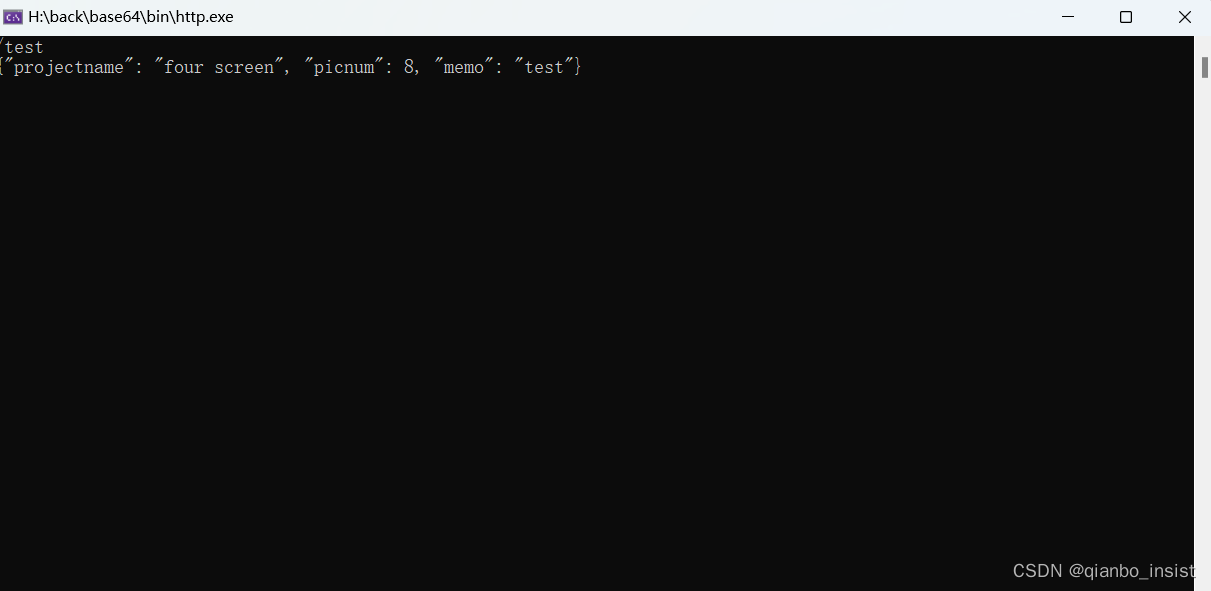
get
用浏览器就行,写一个http index.html
浏览器打开8080 端口
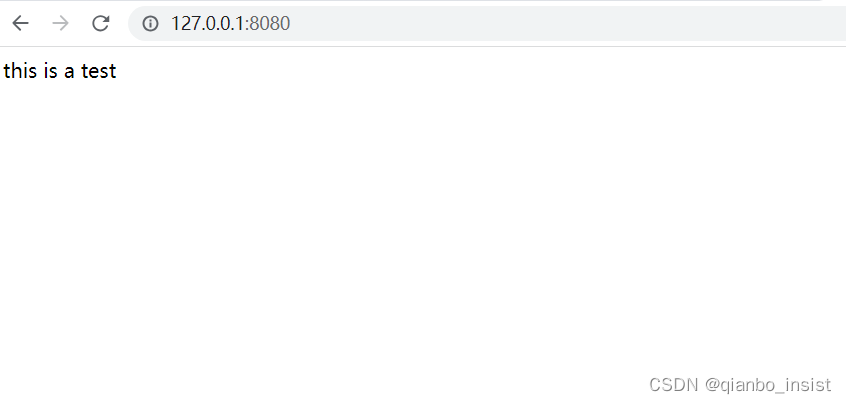
下载文件
直接可以下载文件,比如放入一个rar压缩文件,也就是完成了一个http file server,也是可以接收post 数据,后面可以自行扩展
websocket
可以看我另外一个文章boost bease websocket协议
![【Linux】常用的文本处理命令详解 + 实例 [⭐实操常用,建议收藏!!⭐]](https://img-blog.csdnimg.cn/9205e29a02414bba9d6b0087eb7ad1ea.png)

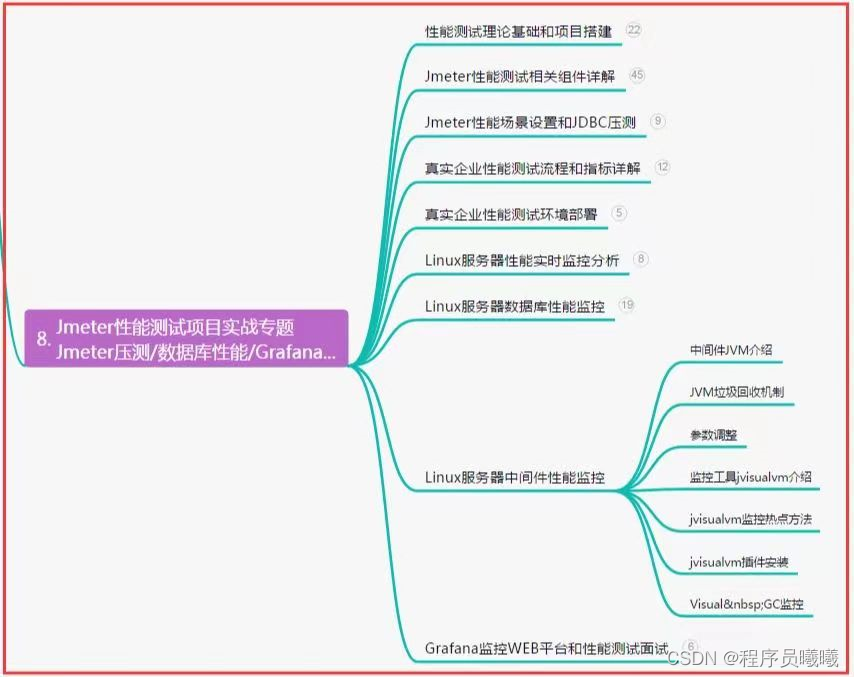

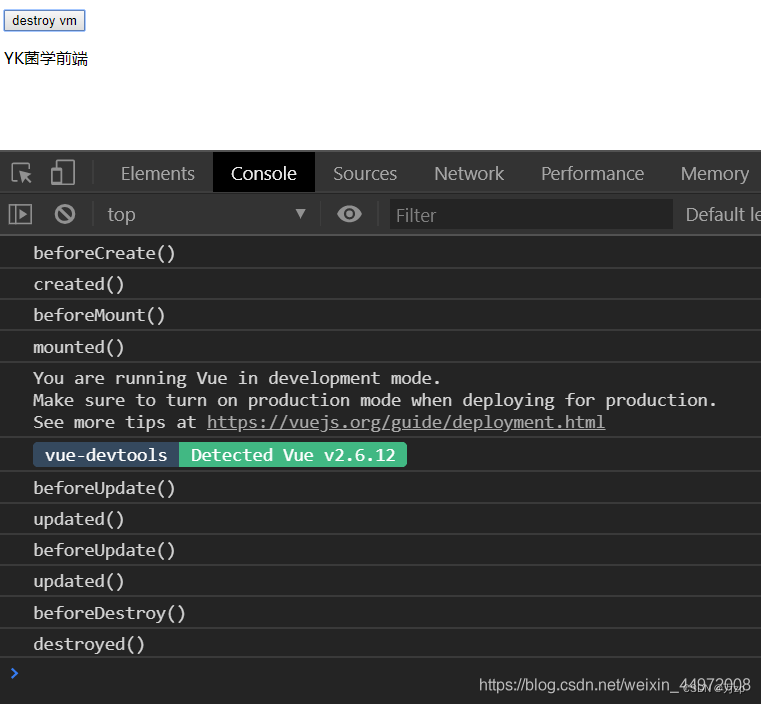
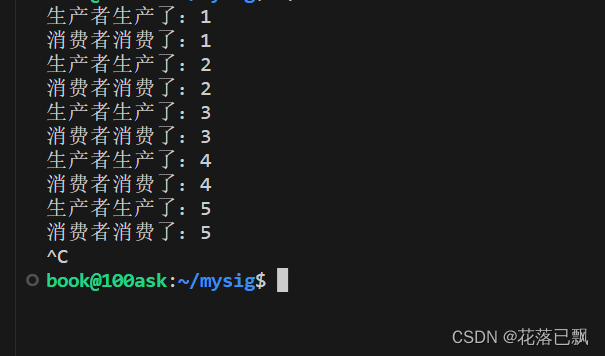

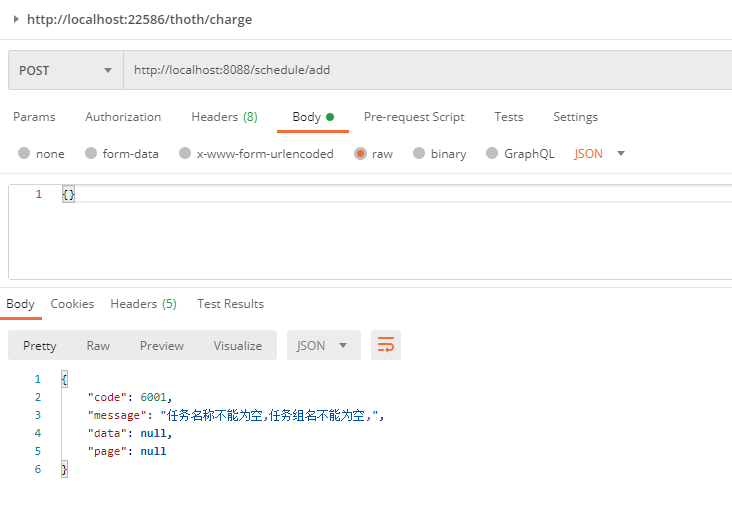
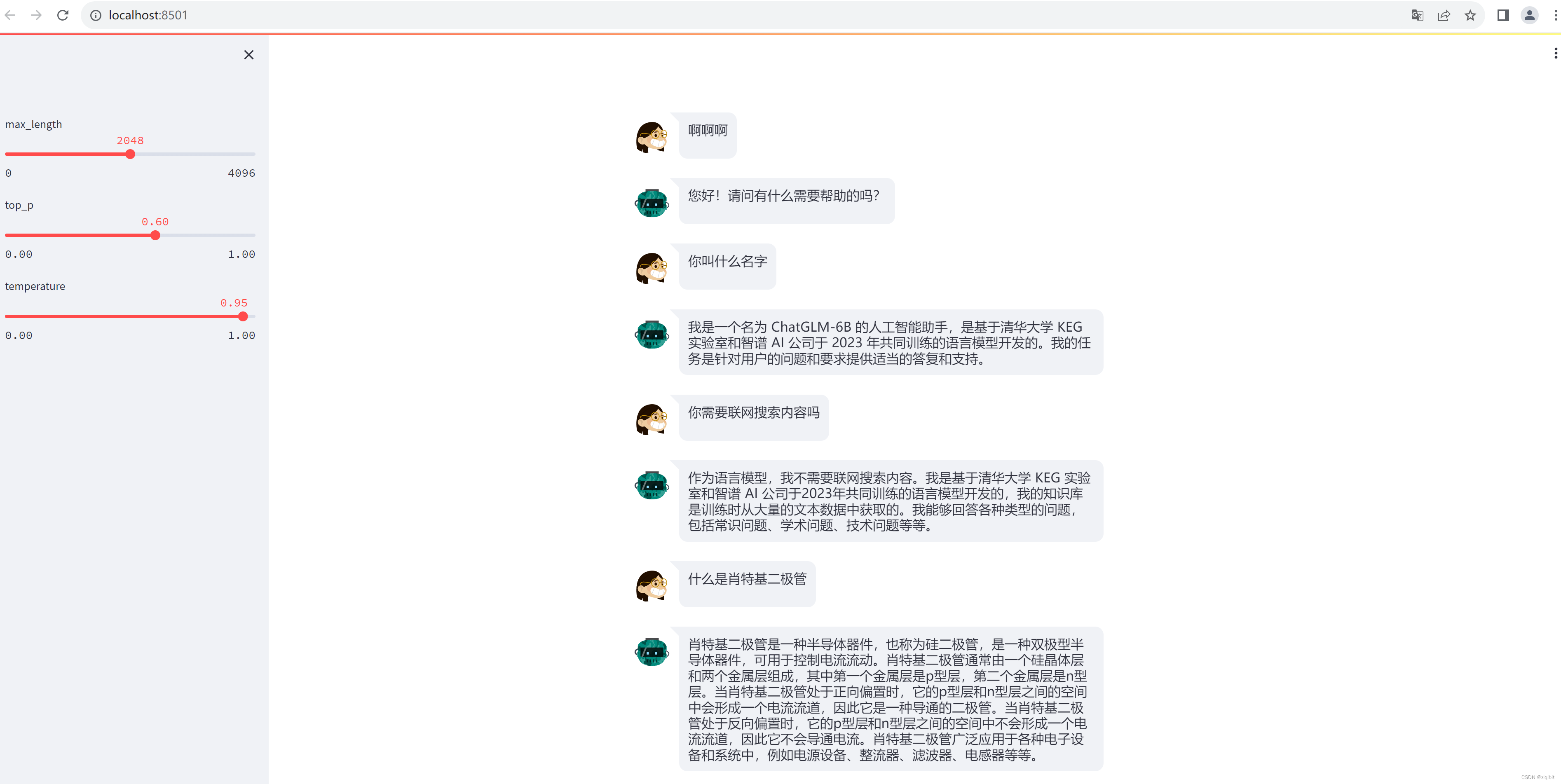
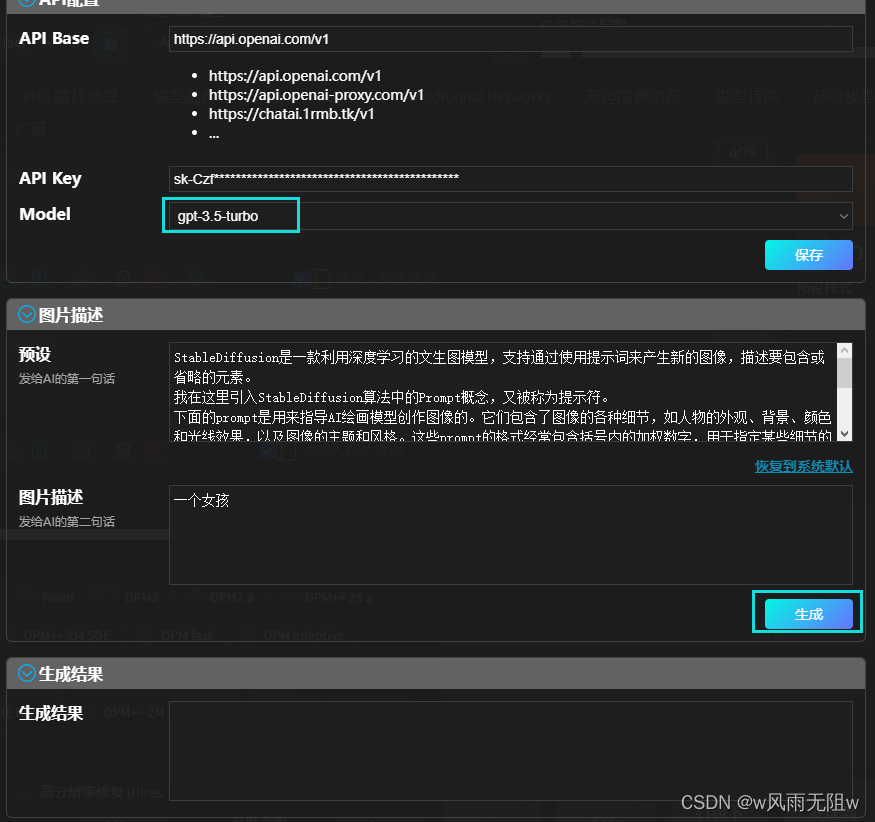





![[C#] 简单的俄罗斯方块实现](https://img-blog.csdnimg.cn/7352d9c5ae3f4f9f8f1bea49a719dae4.png)
